If any filmmaker has defied political persecution, suffered imprisonment and confinement, while adapting his work to the limitations imposed by the lack of freedom, it is the Iranian Jafar Panahi. Thus, for example, Taxi (2015) was his response to the ban on directing films, transforming himself into a driver to shoot a docudrama with three small Blackmagic Design Pocket film cameras. As the director of Three Faces has stated: Nothing can prevent me from making films since, when being pushed to the ultimate corners, I connect with my inner-self and, in such private spaces, despite all limitations, the necessity to create becomes even more of an urge.
When harassment and repression become consubstantial to creative work, it must find its own avenues of expression, and authors cannot avoid including in their works, directly or rhetorically, these limiting circumstances and their consequences. This is the case of so many Iranian directors whose works coexist with those of others who, while being politically aware, prefer not to reflect it, as in the case of Naima Javidi and her excellent thrillers.
In his previous film, No Bears, Jafar Panahi masterfully described the creative exile, denunciation, and compulsion of the artist, in a game of mirrors between the personal and the cinematographic translation, showing the need to leave and to remain. Autofiction functioned as an amplifier, incorporating in the different narrative threads the complexity of living in a society marked by censorship, denunciation, and the retreat of freedoms, exemplified in a small rural community and the border that separated it from the rest of the world.
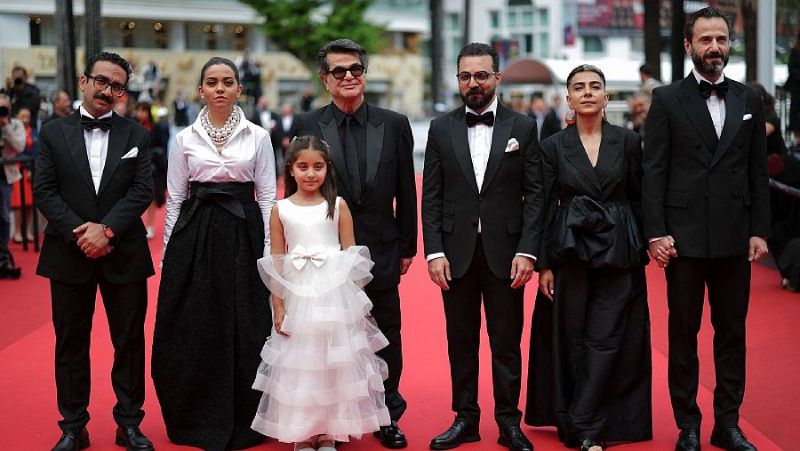
Jafar Panahi and his team attend the premiere of his latest film at the 78th Cannes Film Festival.
It Was Just an Accident, his latest film, co-produced by Iran, France and Luxembourg, presented in competition at the 78th Cannes Film Festival, is a lucid and humanist reflection on the post-traumatic stress of the victim and the reaction to his executioner, when, in freedom, the roles of each of them have the possibility of reversing. Panahi captures a theme treated by other authors, such as Roman Polanski (Death and the Maiden, 1994), with such freshness and spontaneity that his characters become close to us, capable of conveying horror through sensorial details, without the grandiloquence of intellectualised resentment.
It all begins by chance, by the accident that gives the film its title, when Eghbal (Ebrahim Azizi), travelling with his young daughter and pregnant wife, has a breakdown on the road and turns to a passing garage. A young mechanic, Vahid (Vahid Mobasseri), whose life has been scarred by his terrifying prison experience, recognises a sound anchored deep inside him. However, though determined to exact his revenge on his torturer, he needs to make sure that his discovery is not a mistake: the first gesture that speaks to his humanity and ethics. Deprived of sight, blindfolded and defenceless, the prisoners recognise their torturer by the sound of his prosthesis as he walks, by his smell… having created an individual, personal morphology of terror from their sensations. This is the group of people who will once again suffer the company of the one who tormented them, following Vahid: the bookseller Salar, the wedding photographer Shiva (Mariam Afshari), the bride and groom (Hadis Pakbaten and Majid Panahi) and Hamid (Mohamad Ali Elyasmehr), on a long journey in which memories will surface and they will allow themselves an inner debate, for which they were not prepared.
From the ‘simple accident’ that triggers a series of fortuitous events, Panahi describes the imprint of repression on different individuals, with a masterful mise-en-scène and a brilliant script, where solemnity is given by the very nature of his subject and not by an academic and theoretical reflection. Including references to Godot, next to a scrawny tree, in the middle of an almost theatrical wasteland, the film is also seasoned with those genuine touches of humour that give Panahi’s cinema a sense of peculiar stylistic lightness, of a tenderness, a portrait of social picaresque, that connects with the best Azcona (who would not disavow the recourse to wedding reportage), It Was Just an Accident stars a group of characters whose actions could not be typical of any other kind of people. In their motivations, they reveal their quality, when they could understandably be cruel and ruthless, but Panahi shows them helpless, both as victims and in their role as virtual executioners.
Until the final part of the film, the director avoids long parliaments and forced confessions, preferring to offer the main approach of his proposal through the actions of his characters, instead of basing his discourse on a long dialogue with macabre flashbacks, creating a climate of suspense, to which the spectator succumbs, hesitating until the very last moment. The stories of horror and political repression are the same and different at the same time; the experiences are not interchangeable, but they all remain hidden in the daily lives of the victims who, despite going on with their lives, will forever retain the traces of state violence. It Was Just an Accident is a film that questions the spectator, that puts us to the test and also forces us to ask ourselves what kind of people we are, what our attitude would be in the same situation as its protagonists, to find out if the taste of revenge is as sweet as the desire for it or as bitter as the pain that provoked it.
It Was Just an Accident won the Palme d’Or at the 78th Cannes Film Festival (Information updated on 24 May 2025).

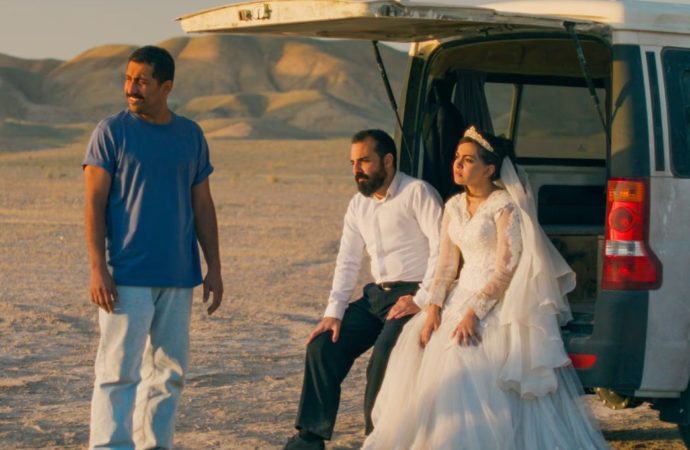

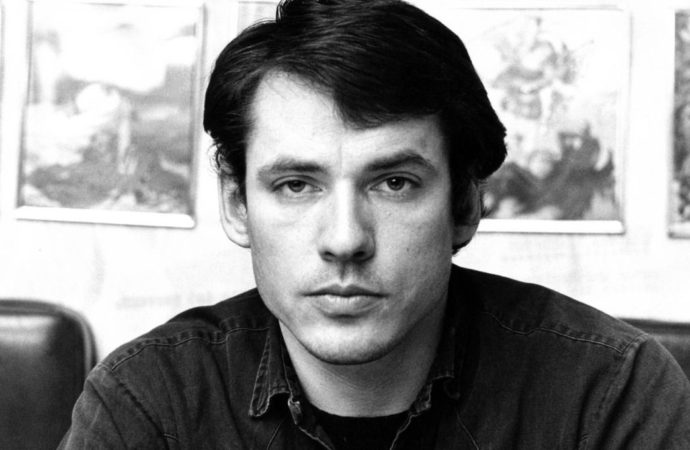
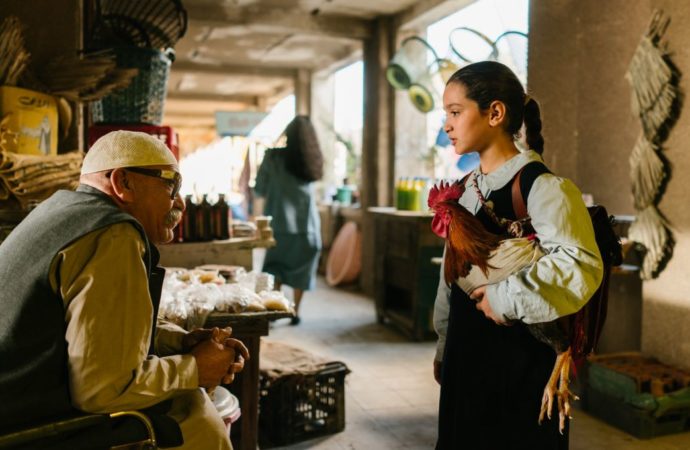
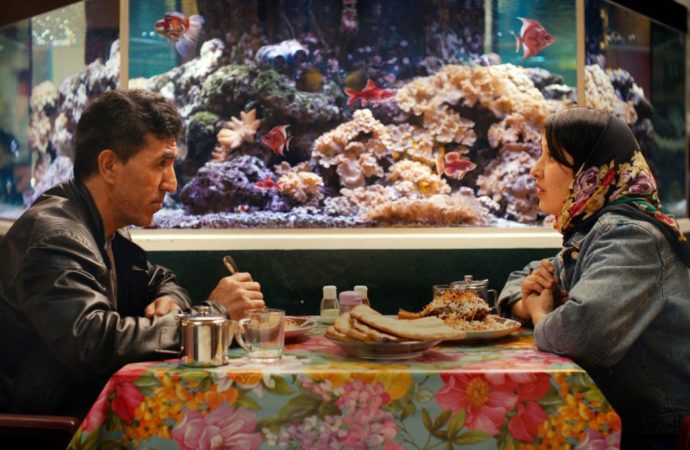



No one has posted any comments yet. Be the first person!